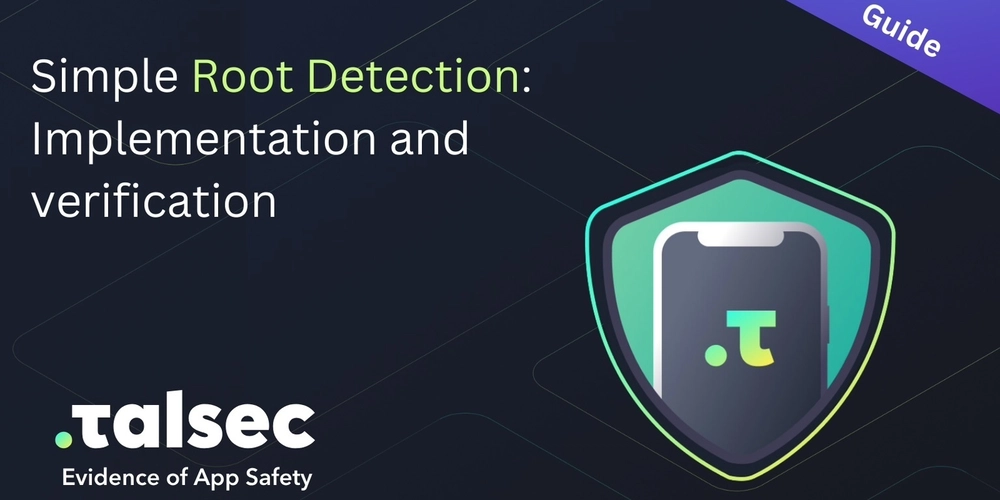Apache ActiveMQ Vulnerability Let Attackers Trigger DoS Condition
A significant vulnerability has been discovered in Apache ActiveMQ, the widely used open-source message broker. The flaw, officially tracked as CVE-2025-27533, enables remote attackers to trigger a Denial of Service (DoS) condition by exploiting improper memory allocation during the handling of OpenWire commands. This vulnerability poses a serious risk for organizations relying on ActiveMQ for […] The post Apache ActiveMQ Vulnerability Let Attackers Trigger DoS Condition appeared first on Cyber Security News.

A significant vulnerability has been discovered in Apache ActiveMQ, the widely used open-source message broker.
The flaw, officially tracked as CVE-2025-27533, enables remote attackers to trigger a Denial of Service (DoS) condition by exploiting improper memory allocation during the handling of OpenWire commands.
This vulnerability poses a serious risk for organizations relying on ActiveMQ for real-time messaging, as it can lead to unexpected service outages and disrupt business operations.
Memory Allocation with Excessive Size Value Vulnerability
The security flaw has been classified as a Memory Allocation with Excessive Size Value vulnerability and stems from improper validation of buffer sizes during the unmarshalling of OpenWire commands.
This technical flaw allows remote attackers to request excessive memory allocation, potentially exhausting system resources and causing the ActiveMQ broker to crash.
“During unmarshalling of OpenWire commands, the size value of buffers was not properly validated, which could lead to excessive memory allocation,” reads the advisory.
This vulnerability ultimately depletes process memory, affecting applications and services that rely on the availability of the ActiveMQ broker.
The issue traces back to an earlier problem identified in JIRA issue AMQ-6596, where OutOfMemory errors were reported during OpenWire unmarshalling.
The root cause was found in the BaseDataStreamMarshaller class, where during the looseUnmarshalByteSequence method, an attempt to initialize a massive byte array could occur without proper size validation.
In one documented case, a vulnerability scan caused ActiveMQ to crash when it attempted to initialize a byte array of over 2 billion bytes.
This vulnerability can be exploited even when maxFrameSize configuration limits are in place, as the first comparison with maxFrameSize succeeds, but a later evaluation still allows excessively large memory allocations.
Risk Factors Details Affected Products Apache ActiveMQ versions:- 6.0.0 to 6.1.5- 5.18.0 to 5.18.6- 5.17.0 to 5.17.6- 5.16.0 to 5.16.7 Impact Denial of Service (DoS) Exploit Prerequisites Requires unauthenticated access to ActiveMQ broker CVSS 3.1 Score High
Affected Versions and Remediation
The vulnerability impacts the following ActiveMQ versions:
- 6.0.0 before 6.1.6
- 5.18.0 before 5.18.7
- 5.17.0 before 5.17.7
- 5.16.0 before 5.16.8
Notably, ActiveMQ 5.19.0 and later versions are not affected.
The ActiveMQ team has implemented a fix that properly validates buffer sizes during unmarshalling, as evidenced by a recent commit to the project repository by developer Christopher Shannon. This update ensures that buffer sizes are checked before memory allocation attempts.
Security researchers recommend that organizations using affected ActiveMQ versions immediately upgrade to patched versions: 6.1.6+, 5.19.0+, 5.18.7+, 5.17.7, or 5.16.8.
For organizations unable to upgrade immediately, implementing mutual TLS (Transport Layer Security) can mitigate the risk, as the exploit is ineffective when mutual TLS connections are enforced.
The vulnerability highlights the importance of proper input validation, particularly when processing serialized data from potentially untrusted sources.
This issue is similar to other deserialization vulnerabilities that have plagued message brokers and application servers in recent years.
Organizations using Apache ActiveMQ in production environments are strongly encouraged to assess their exposure and apply the recommended mitigations as soon as possible to protect their messaging infrastructure from potential denial of service attacks.
Setting Up SOC Team? – Download Free Ultimate SIEM Pricing Guide (PDF) For Your SOC Team -> Free Download
The post Apache ActiveMQ Vulnerability Let Attackers Trigger DoS Condition appeared first on Cyber Security News.













































































